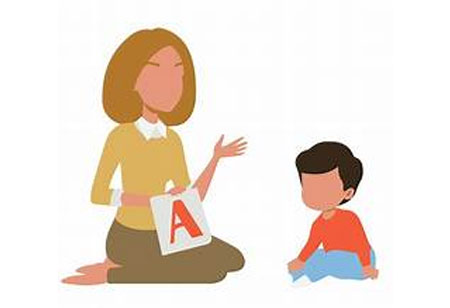The Impact of Speech Therapy on Early Childhood Development
Speech therapy addresses the issues by focusing on language development, vocabulary building, and phonemic awareness.

By
Medical Care Review | Friday, April 04, 2025
Stay on top of your health and well-being with exclusive feature stories on the top medical clinics and treatment centers, expert insights and the latest news delivered straight to your inbox. Subscribe today.
FREMONT, CA: Speech therapy is essential for the growth and welfare of children experiencing communication difficulties. Early intervention via speech therapy can significantly influence a child's social, emotional, and educational experiences. Proficient communication is vital for a child's capacity to engage with others. Speech therapists assist children in expressing their needs, ideas, and emotions effectively by focusing on articulation, fluency, and voice modulation. Enhancing communication abilities promotes stronger relationships with peers, educators, and family, thereby enriching the child's social interactions.
Language skills are directly linked to academic performance. Speech therapy helps children perform better in school, understand instructions, participate in classroom discussions, and complete assignments successfully. Children with speech and language difficulties may experience frustration, embarrassment, and low self-esteem. They might avoid social interactions or classroom participation for fear of being misunderstood or mocked. Speech therapy helps children develop the pragmatic language skills needed for social interactions, such as understanding body language, taking turns in conversation, and using appropriate greetings.
Speech therapy is essential for treating a variety of speech and language disorders. Therapists work on producing sounds correctly for children with articulation disorders. For those with fluency disorders, such as stuttering, therapy focuses on improving the flow of speech. Children with receptive language disorders receive help understanding language, while those with expressive language disorders learn to use language effectively. Early intervention for these conditions is critical, as it can prevent further complications and support overall development. Language and cognition are closely linked.
Also Read : Transforming Healthcare Sustainability
Through speech therapy, children enhance their problem-solving skills, memory, and ability to follow directions. Therapists use activities and exercises that promote cognitive development alongside language skills. The integrated approach helps children develop critical thinking and reasoning abilities, which are essential for learning and everyday functioning. The benefits of speech therapy extend beyond childhood. Early intervention can have lasting effects, helping children become effective communicators in adulthood the skills learned in treatment support academic achievements, career opportunities, and personal relationships throughout life.
Addressing speech and language issues early on better equips children to face future challenges and achieve their full potential. Speech therapy often involves family members, who play a crucial role in a child’s progress. Therapists work with parents and caregivers to provide strategies and exercises to practice at home. The collaborative approach ensures that children receive consistent support and reinforcement of their skills outside therapy sessions. Family involvement helps create a supportive environment that encourages the child’s development. It enables children to form friendships, participate in group activities, and integrate more easily into social settings.
Speech therapy ensures comprehensive support for the child’s growth. Early intervention and consistent treatment can make a significant difference, helping children achieve their full potential and lead fulfilling lives.







